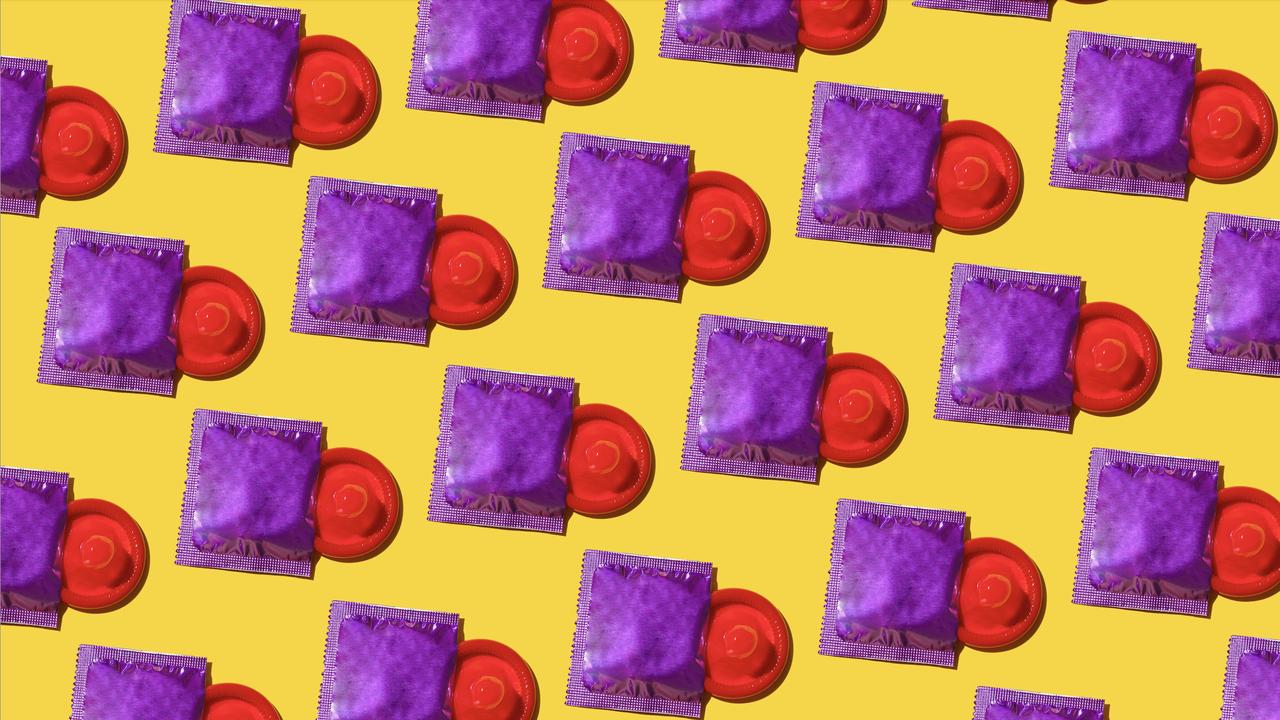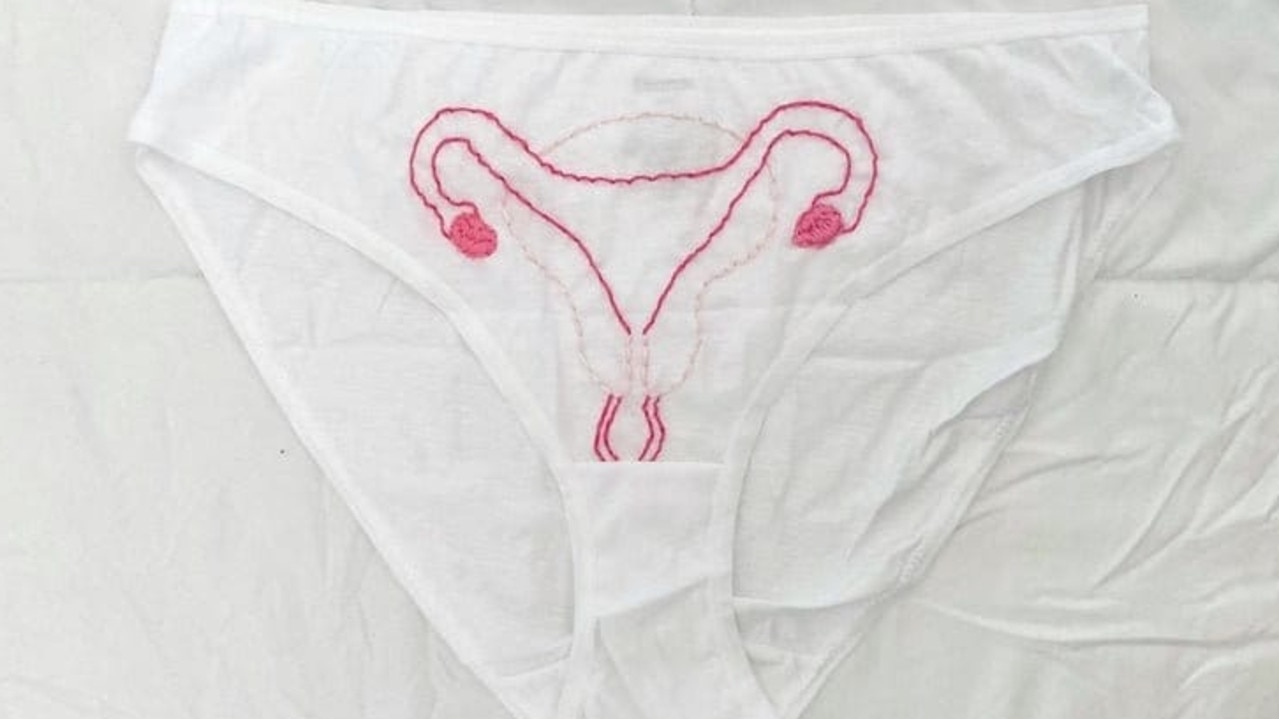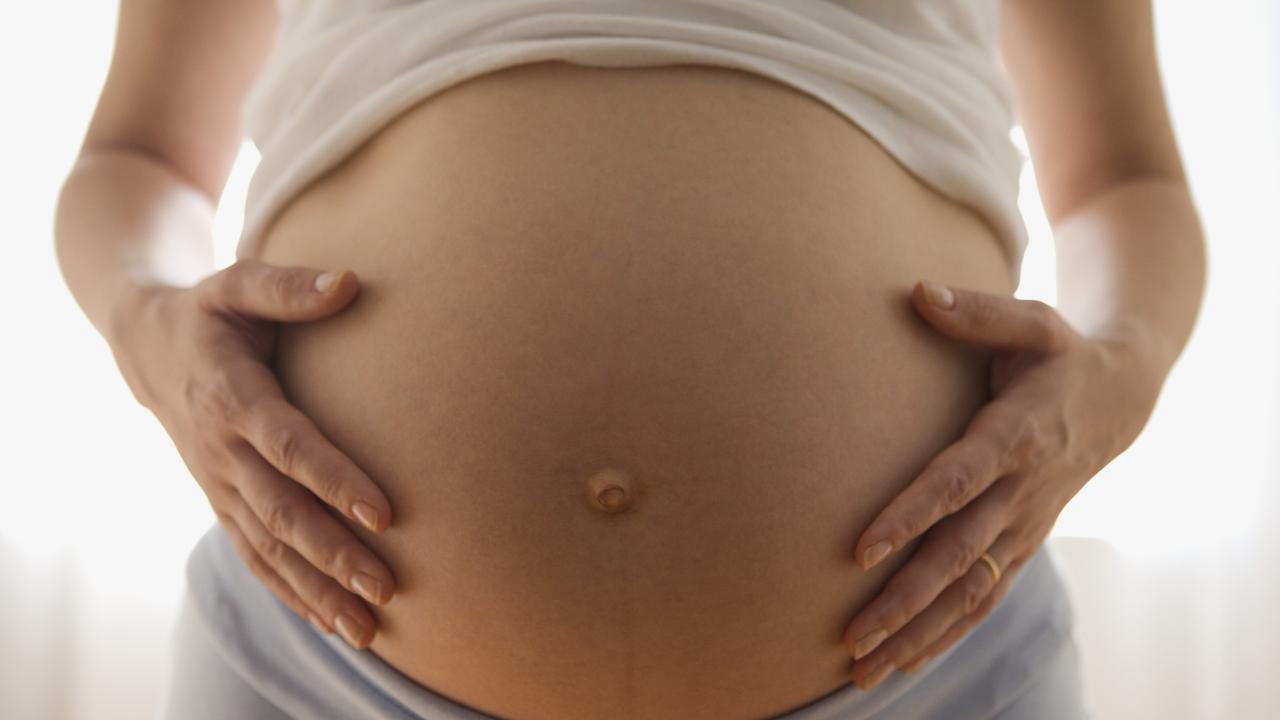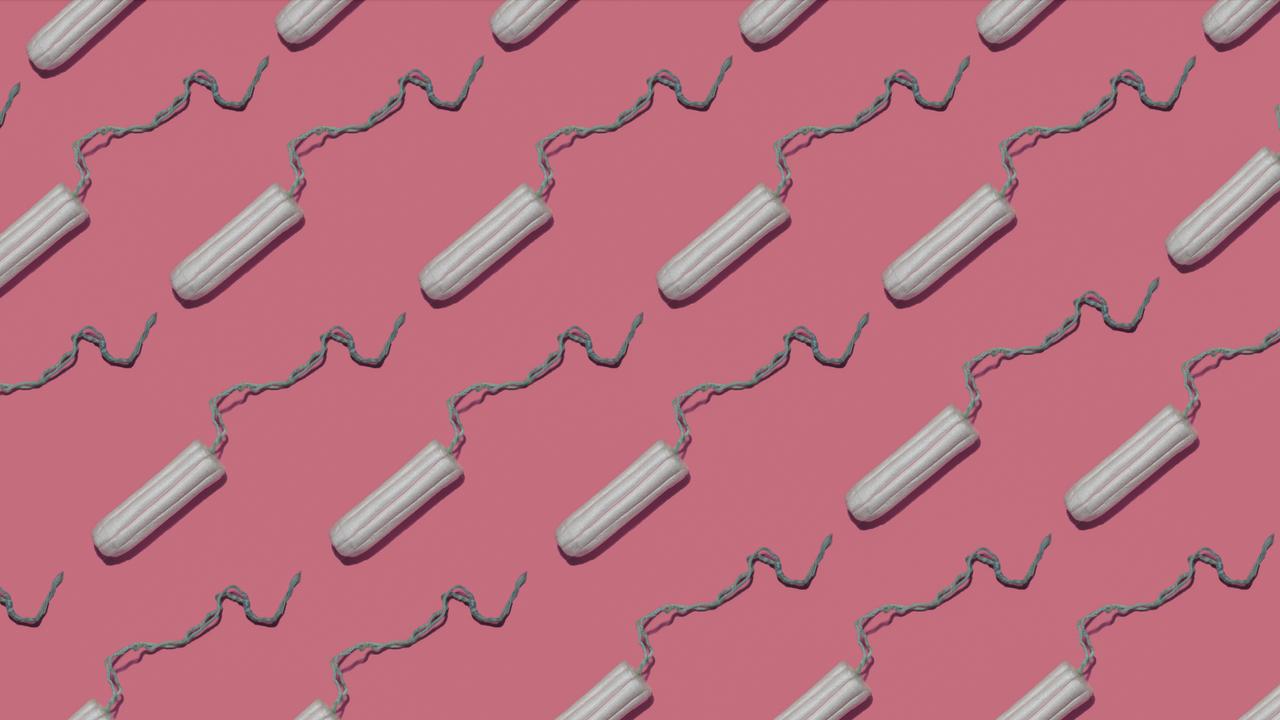Bizarre sex myths Aussie adults believe
Aussies clearly need to go back to sex ed, as a survey reveals the bizarre sex myths many adults still believe.
Aussies clearly need to go back to sex ed, as a new study reveals the bizarre and very false sex myths a staggering number of Australian adults still believe.
Sex toy retailer Lovehoney surveyed 1007 Australian adults to discover the alarming beliefs they hold about sex.
The results point to a serious failure in Aussie adult sex education, according to Lovehoney’s in-house sexologist, Chantelle Otten.

Myth: “Pulling out” is an effective form of birth control
More than a quarter (26.3 per cent) of Aussie men surveyed by Lovehoney said they believed the “pull out” method was an effective form of contraception.
Fact: The pull out method works about 78 per cent of the time, according to Planned Parenthood — not a great success rate, depending on your family planning goals.
Pulling out is significantly less effective than other forms of contraception, including condoms (85 per cent effective), the pill (93 per cent) and the IUD (99 per cent). And, unlike condoms, pulling out doesn’t protect you from STIs.

Myth: A woman can’t get pregnant on her period
One in five Australians (21 per cent) said they believed a woman cannot become pregnant during her menstrual cycle.
Fact: Though it’s unlikely, women can get pregnant both during and immediately after their periods. This can happen for a few reasons:
- A woman may have bleeding that she thinks is her period, but is really bleeding due to ovulation.
- Ovulation can happen before a woman’s period has ended.
- Ovulation can happen within a few day’s of a woman’s period ending. Sperm can live in the female reproductive system for several days, meaning it’s still around to fertilise the egg.

Myth: The vulva-vagina mix-up
According to Lovehoney, 68 per cent of Aussies misidentify the vulva as the vagina, highlighting a surprisingly common confusion about basic anatomy.
Fact: The word “vagina” refers to the passage that connects the uterus to the external genitalia. You bleed through your vagina during your period, and it is the passage through which a baby is born.
The “vulva”, meanwhile, refers to the external part of the genitalia, including the pubic mound, labia and clitoris.

Myth: A penis can physically touch a foetus while it’s in the womb
An astonishing 11 per cent of the men surveyed believed that the penis could physically hit a foetus in the womb during intercourse.
Fact: A developing foetus is fully protected in utero by the amniotic sac (a thin-walled bag that holds the foetus and surrounding fluid), the strong muscular walls of the uterus, and a thick mucus plug that seals off the cervix.
According to pediatrician Ari Brown: “The penis does not come in contact with the foetus during sex. This could only happen if the cervix were dilated and you were having intercourse during labour, which you shouldn’t be doing.”
There are a few exceptions to the rule, such as if you have a weakened cervix, unexplained bleeding, or a condition called placenta praevia.

Myth: Women’s periods can “sync up” when they spend time together
Almost half (43.2 per cent) of Aussie women believed their menstrual cycles can synchronise when they spend a lot of time together.
Fact: While many women anecdotally swear up and down that this is true, there’s no conclusive evidence to back it up.
Period syncing, also known as “menstrual synchrony” or the “McClintock effect”, was named for researcher Martha McClintock, who claimed to find evidence of it after studying 135 women living in a college dorm.
Since the advent of period tracking apps, though, researchers have a lot more data available. Newer studies, including one in 2006 and two in 2017, concluded that women’s menstrual cycles do not sync. Older studies have found this, too, including ones from 1991, 1993 and 1994.

More bizarre about Lovehoney’s research was that 87 per cent of the respondents believed they had a robust grasp of sex education, despite just 13 per cent saying the sex ed they received at school was satisfactory. One in 10 young adults aged 25-34 said they didn’t receive any school-based sex ed at all.
Ms Otten, a sexologist and ambassador for Lovehoney, said the statistics proved Aussies had an inflated sense of sex ed knowledge.
“The research unveils a pressing need for a radical shift in the way we approach adult sex education,” Ms Otten told news.com.au
“It’s time for Australians to acknowledge the gaps in their sex education, embrace humility, and embark on a journey of rediscovery.
“This is an opportunity for individuals to enrich their sexual experiences, foster healthier relationships, and contribute to a more informed society.”
Get in touch — chloe.whelan@news.com.au






